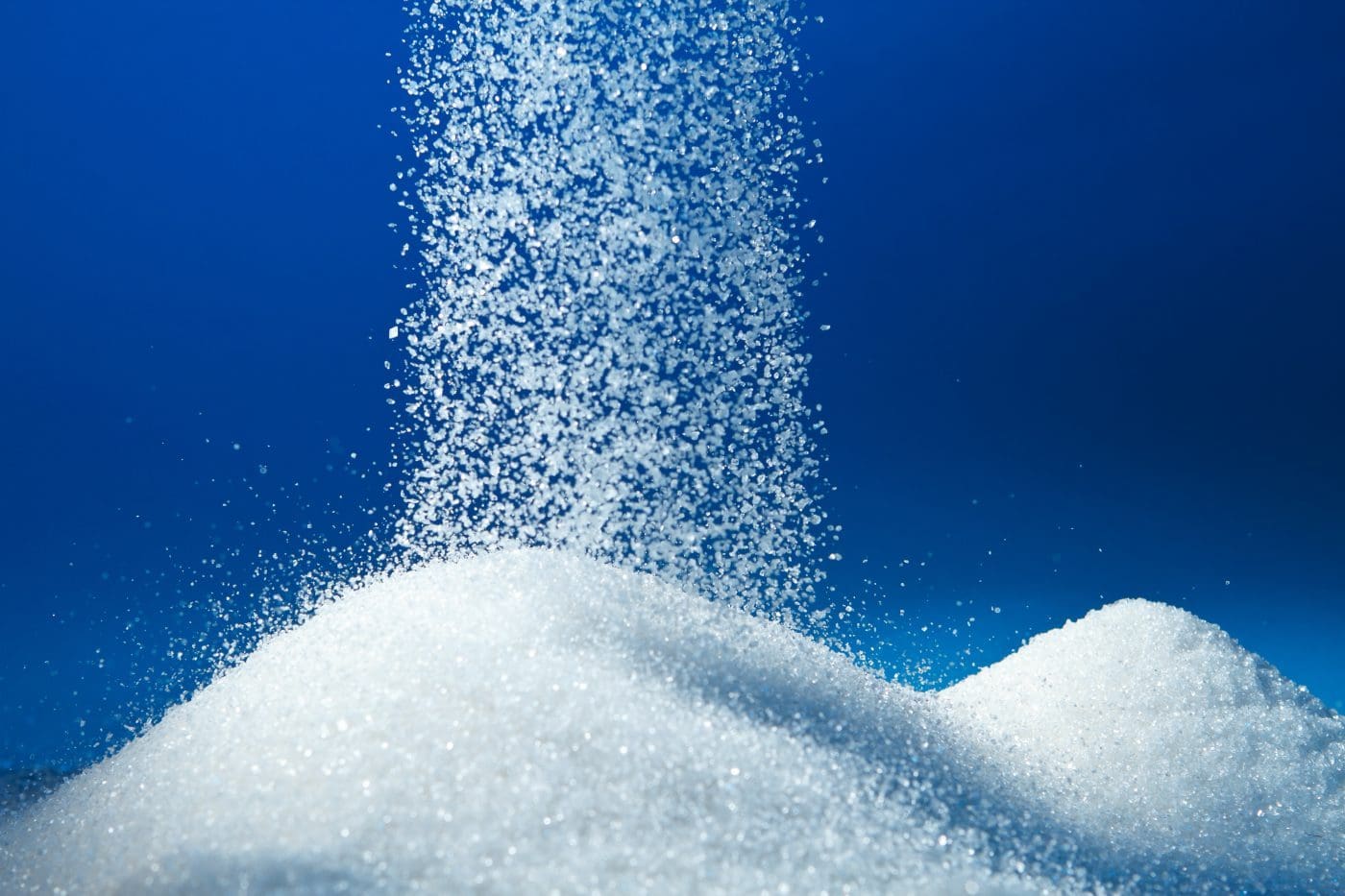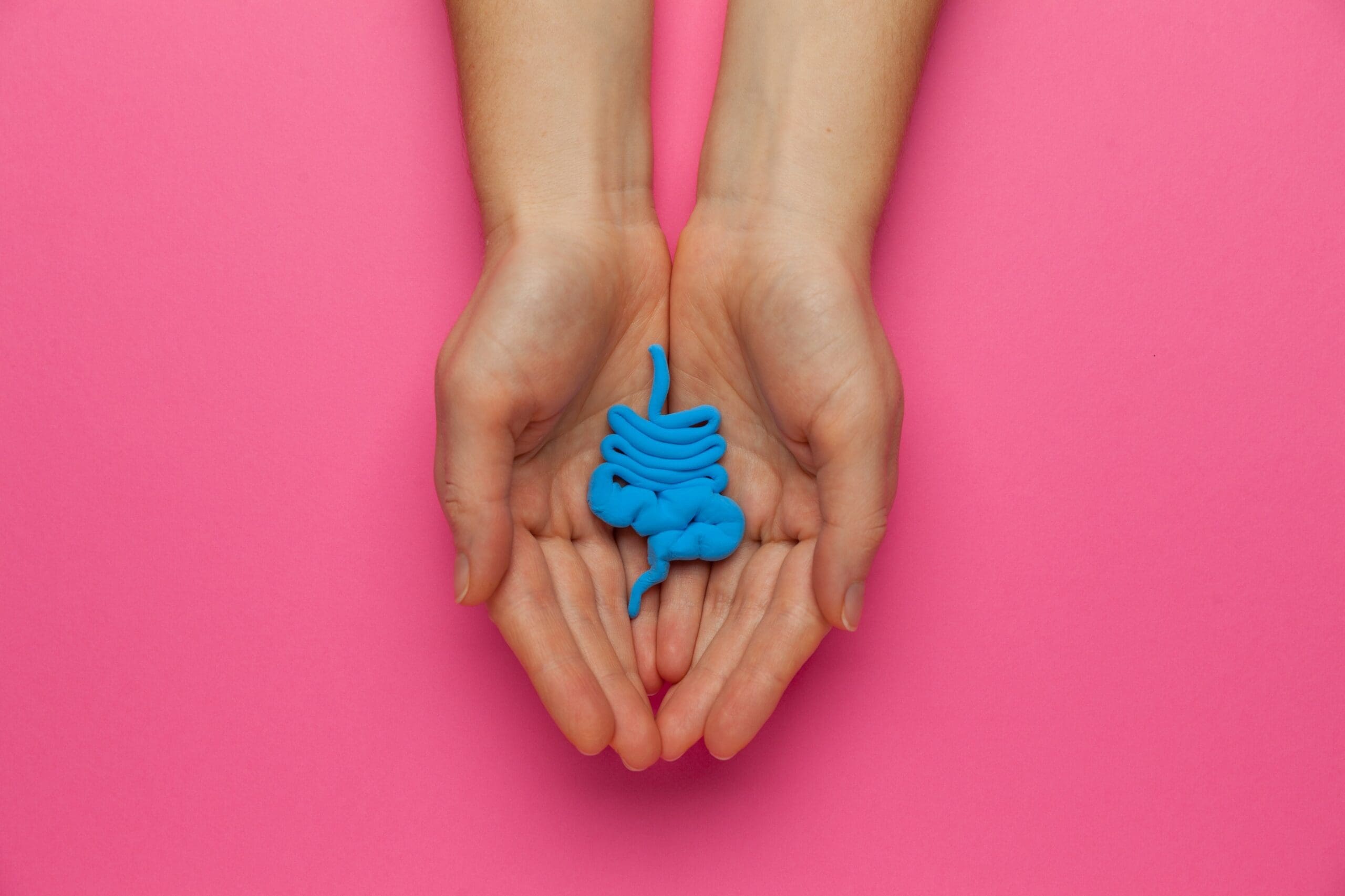Coffee is a good example of how conflicting research provides mixed messages. A major review of the results of over 1200 coffee studies sheds light on the healthy versus harmful coffee debate.
diet
Sugar and sugar cravings
Our consumption of free sugar has tripled since 1960, with soft drinks, energy drinks, fruit juice and cordial the most significant sources. The World Health Organization recommends free sugars be less than 10% of your total energy intake – that’s 6 teaspoons per day for women and 9 teaspoons for men.
Diet changes to help an irritable bowel
Swedish researchers looked at people who met the criteria for irritable bowel syndrome, to test a low FODMAP diet against traditional management advice for IBS. This is what they found.
How is fatty food linked to snoring and sleepiness
Almost 2000 men living in Adelaide have been part of the MAILES study to how diets can affect the risk of sleep apnoea. This is what they found.
Does salt promote over-eating?
When you can’t stop at one. Sensory researchers from Deakin University recruited 48 healthy adults to look at whether salt leads to passive over-eating, this is what they found.
Is the way food is cooked linked to diabetes?
When food is cooked there is always some degree of chemical change taking place, and one chemical change has scientists looking more closely for potential links with diabetes.
How much really is too much?
Research was conducted on how people define their own idea of moderation to justify how much they actually eat, or want to eat.
Is seafood good for the brain?
Researchers investigate whether there is an association between seafood consumption and a lower risk of dementia.
Can you get good diet advice online?
An internet search for diet provides an endless supply of diet advice, nutrition advice and of course weigh loss advice, however according to the experts much of it is seriously flawed.
Can dietary fibre reduce the risk of breast cancer?
Researchers examined the validity that increased dietary fibre intake in adolescence and early adulthood reduced a woman’s risk of breast cancer.





